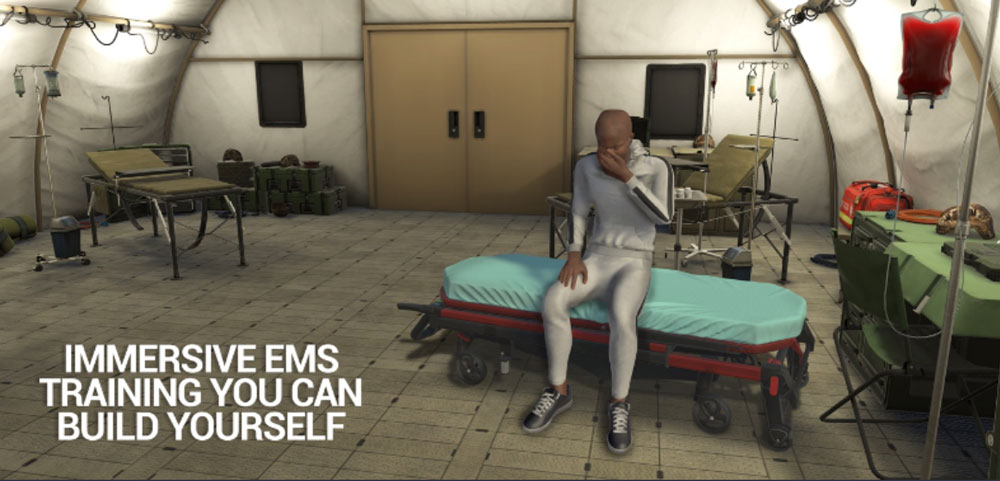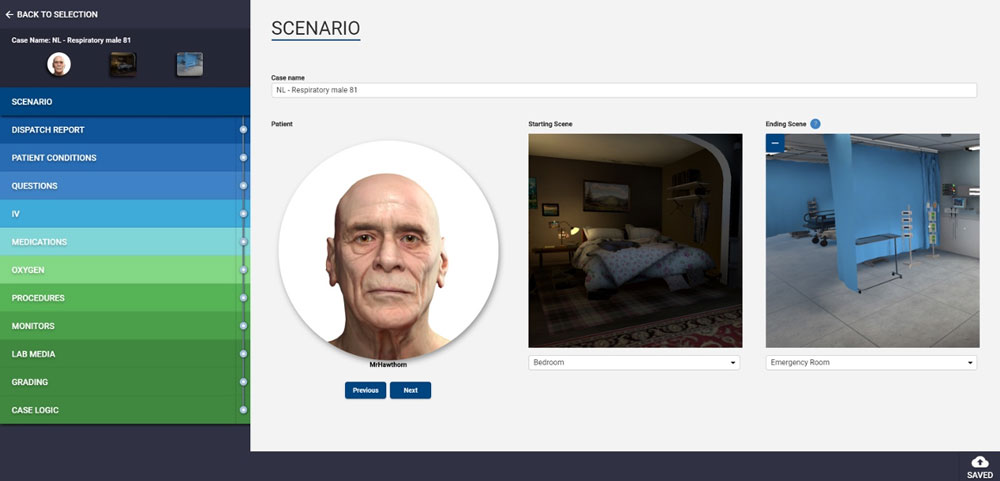
EMS educators’ growing demand for immersive, remote EMS training in post-COVID world
With classrooms sitting empty and hands-on learning on hold, educators scrambled for solutions to deploy rapid response training to healthcare providers and first responders amid the global pandemic of COVID-19. The implications put extraordinary stress on the world’s healthcare systems, not to mention, the practitioners themselves during the height of infections. The novel virus also brought with it many unknowns, from symptoms and diagnoses to transmission and contagions. Best practices on how to assess, diagnose and treat suspected patients changed almost daily, requiring continuous protocol adjustments. Everything from sporting events to graduations to political elections were disrupted, leaving most of the world trying to decipher a new normal. The immediate and widespread adjustment to new mandates instantly launched educators, trainers, employers and students into an online environment. One thing remains: remote learning is here to stay.
The challenge then lies in how to ensure both learning and assessment of skills from a distance is as effective as in person. The answer lies in immersive, virtual online training.
VRpatients immerses EMS students into stress-inducing clinical case scenarios where they interview assess, diagnose, and treat patients in real time. Every action taken by the student is recorded by its built-in grading rubric, allowing the educator to objectively assess the student’s critical thinking skills, competency and field preparedness. Unlike other simulation tools, VRpatients is equipped with an intuitive case authoring tool, giving educators complete control of curriculum, standards of care, and protocols. Formerly, there had never been a singular application for conducting training for all possible emergency scenarios. Now, educators can build the clinical case from scratch and deploy it remotely to an unlimited amount of recipients in a matter of minutes.
VRpatients’ intuitive case authoring tool has the flexibility and adaptability to bring nearly any clinical case to life, increasing knowledge retention and decreasing the amount of time needed to master a new skill. A VR Soft Skill study report conducted by PwC found that students trained with VR required 53 percent less time than classroom training and 33 percent less time than with e-learning.
Educators build their own clinical cases choosing from among several patient avatars and more than 20 environments. The authoring tool follows highly intuitive physiological case logic, making training for rapid response or High Acuity Low Occurrence (HALO) events quickly deployable. With a dynamic case tool, realistic environments and a robust family of lifelike patient avatars, VRpatients is a turnkey solution to your remote educational needs.
Schedule your free VRpatients demonstration with one of our immersive training experts today.

